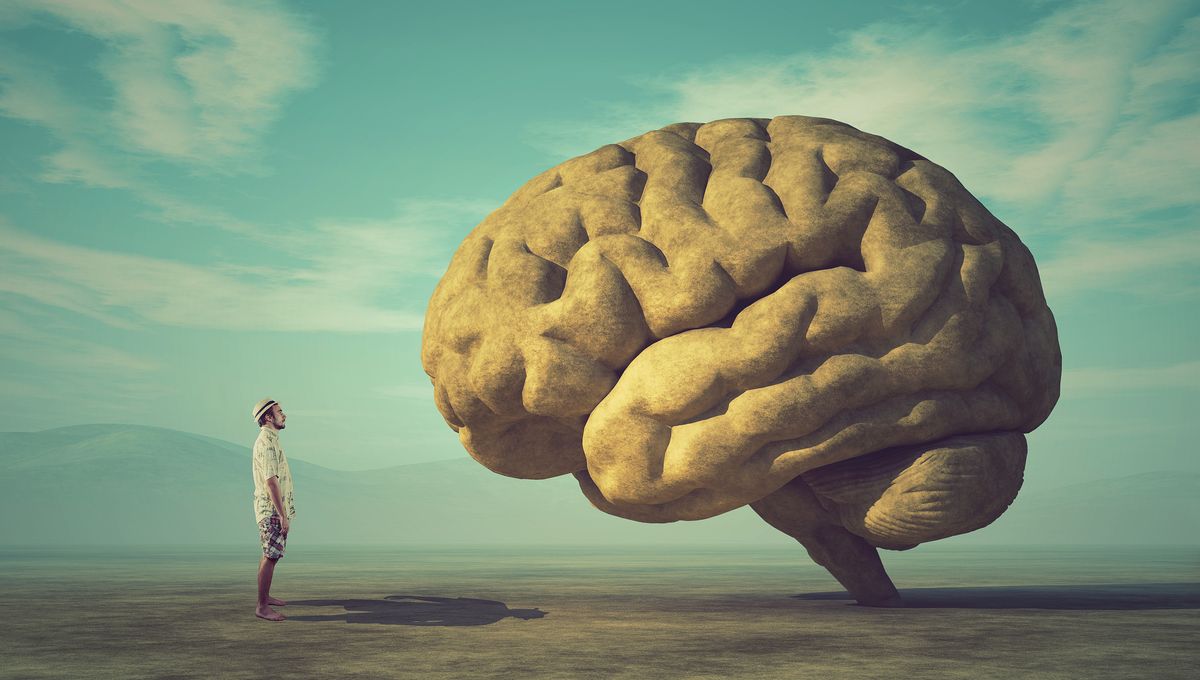
The size of the human brain has been increasing each decade since at least the 1930s, new research has revealed. According to the study authors, this cerebral growth is likely to be the result of improved early life environmental factors and may act as a buffer against the threat of dementia as we age.
Researchers looked at the magnetic resonance imaging (MRI) brain scans of 3,226 people who were taking part in the Framingham Heart Study (FHS). Launched way back in 1948 in Framingham, Massachusetts, the FHS features participants born in every decade since the 1930s and now includes the children and grandchildren of some of the original cohort.
When reviewing the scans – which were conducted between 1999 and 2019 – the study authors sought to compare the brains of people born in the 30s with those born in the 1970s. In doing so, they found that average brain volumes have increased from 1,234 milliliters to 1,321 milliliters over this 40-year period, representing an expansion of around 6.6 percent.
Astonishingly, the surface area of participants’ brains displayed an even greater increase: the average cortical surface area of those born in the 1970s was almost 15 percent larger than that of those who entered the world four decades earlier, rising from 2,056 to 2,104 square centimeters (319 to 326 square inches).
Commenting on these findings in a statement, study author Charles DeCarli said that “the decade someone is born appears to impact brain size and potentially long-term brain health.” Seeking to explain these differences, the researcher said that “genetics plays a major role in determining brain size, but our findings indicate external influences — such as health, social, cultural and educational factors — may also play a role.”
Exactly what impact our expanding encephalons will have on our long-term wellbeing remains to be seen, although the researchers note that adult brain volume is “an important predictor of cognition in old age.” Based on these observations, the study authors “hypothesize that larger brain volumes indicate larger brain development and potentially greater “brain reserve” that could explain the declining incidence of dementia”.
Indeed, despite the fact the number of people with Alzheimer’s continues to rise in the US, the overall percentage of the population suffering from age-related neurological disorders has been falling for several decades.
Importantly, the study also revealed that the size of the hippocampus – which is strongly associated with learning and memory – appears to be increasing decade-by-decade, along with white and gray matter volumes within the brain. Putting these findings into context, DeCarli explained that “larger brain structures like those observed in our study may reflect improved brain development and improved brain health.”
“A larger brain structure represents a larger brain reserve and may buffer the late-life effects of age-related brain diseases like Alzheimer’s and related dementias,” said the researcher.
The study is published in the journal JAMA Neurology.
Source Link: Human Brains Are Getting Bigger – Could This Impact Our Health?